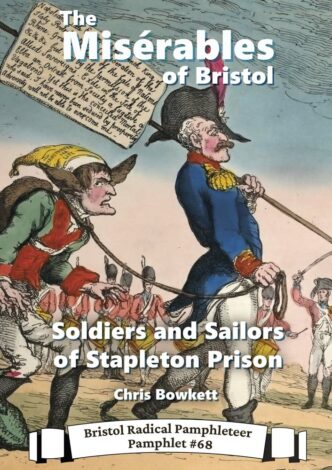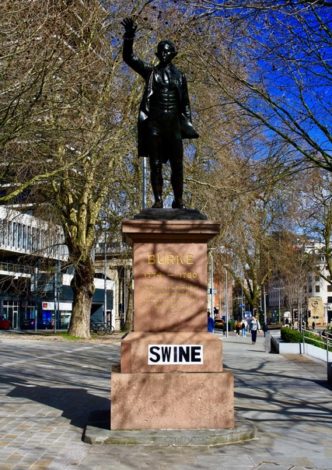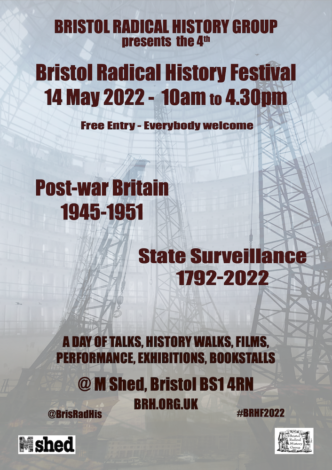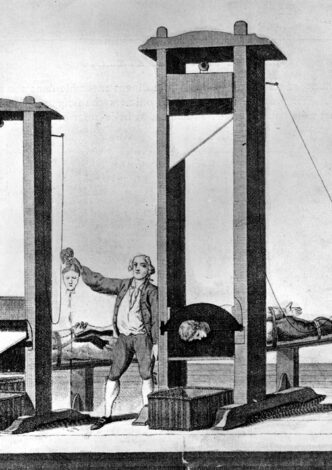The Misérables of Bristol
Soldiers and Sailors of Stapleton Prison
The parish of Stapleton was once home to soldiers and sailors who were interned in Stapleton Prison as prisoners of war during the French Revolutionary and Napoleonic Wars, captured fighting Britain and its allies between 1792 and 1814. Many of the prisoners had been fighting for liberté, égalité and fraternité, as the foot soldiers of a revolution that swept away tyrants and made the old powers of Europe tremble. In a cruel irony, a large contingent held in Stapleton had been captured in the […]





